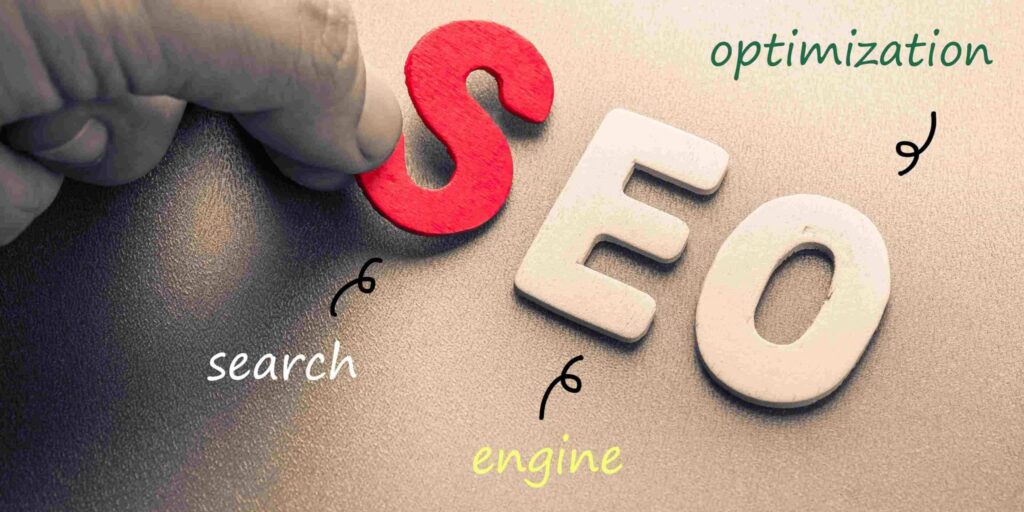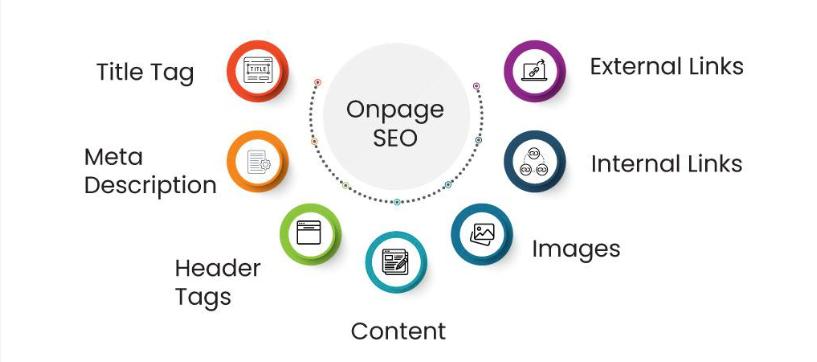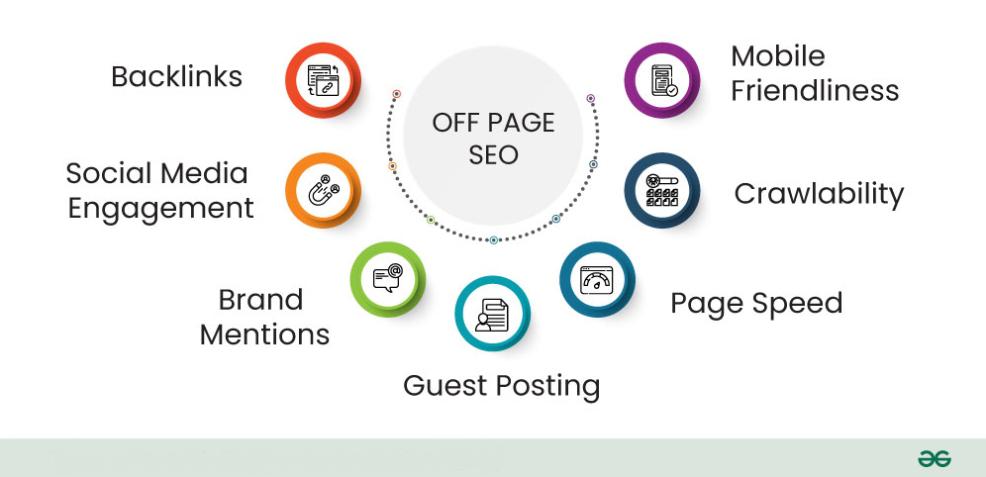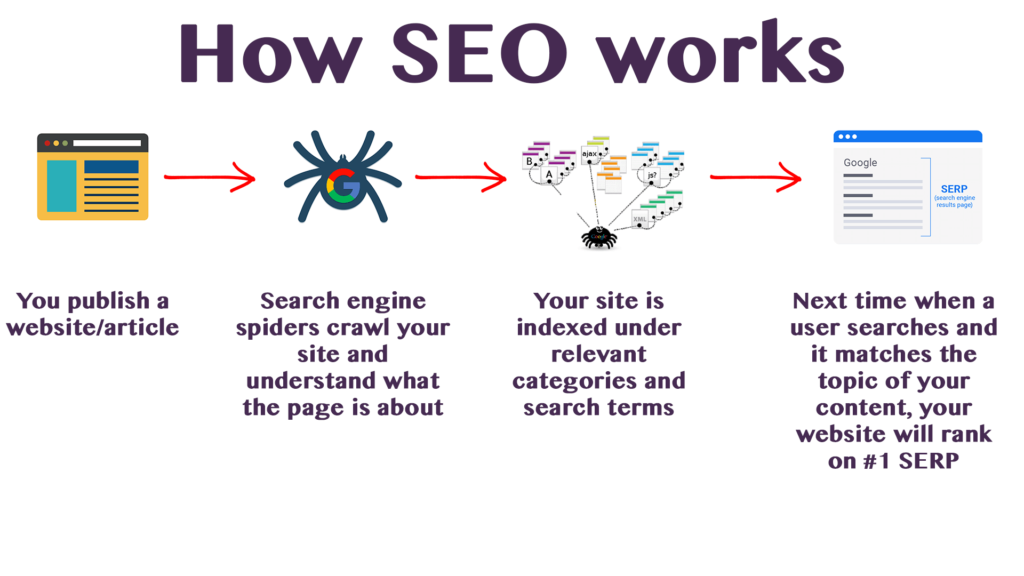Table of Contents
ToggleUnveiling the Mystery: What is SEO and How Does It Work?

Confused by SEO? Don’t worry, it’s not magic! SEO simply stands for Search Engine Optimization. It’s the practice of fine-tuning your website to rank higher in search results for relevant keywords. Imagine search engines like librarians, crawling the web and organizing information. SEO helps them understand your website’s content, making it easier for users searching for what you offer. By optimizing your website (think relevant keywords, fast loading speed, and mobile-friendliness), you attract more organic traffic, boost brand awareness, and ultimately, grow your business. SEO is a marathon, not a sprint, but the long-term rewards are well worth it! {for more https://searchengineland.com/guide/what-is-seo}
What exactly is SEO?
SEO is the art and science of optimizing your website to improve its ranking in search engine results pages (SERPs) for relevant keywords. In simpler terms, it’s all about making your website more visible to users searching for information or products related to your business.


SEO, or Search Engine Optimization, is the practice of improving your website’s visibility in search engine results pages (SERPs) for terms relevant to your business. Imagine a vast library – search engines like Google act like librarians, constantly crawling and indexing information online. SEO helps them understand your website’s content better
By strategically incorporating relevant keywords, optimizing website elements like loading speed, and building your website’s credibility through backlinks, you make it easier for search engines to recommend your website to users searching for what you offer. This translates to increased organic traffic, more website visitors genuinely interested in your products or services, and ultimately, helps your business thrive online.
Mastering the Basics: SEO On-Page Optimization
- What is On-Page SEO?
On-page SEO refers to the practices you implement directly on your website to improve its ranking for relevant keywords. Think of it as fine-tuning your website to speak the language of search engines and users alike.


Think of on-page SEO as the foundation of your website’s search engine visibility. It’s all about making your website content clear, relevant, and user-friendly for both search engines and human visitors.
Here are some key areas to focus on for effective on-page SEO-
- Keyword Research:Identify the keywords and phrases your target audience is searching for and strategically integrate them throughout your website content, title tags, meta descriptions, and image alt text.
- Content is King: Create high-quality, informative, and engaging content that provides value to your audience. This not only keeps visitors engaged but also signals expertise to search engines.
- Website Structure: Ensure your website has a clear and logical structure with easy navigation. This makes it easier for search engines to crawl and index your content.
- Technical SEO: Focus on technical aspects like website speed, mobile-friendliness, and image optimization to ensure a smooth user experience and better search engine ranking.
- Internal Linking: Create a strong internal linking structure by linking relevant pages within your website. This helps search engines understand the hierarchy of your content and improves user navigation.
By optimizing these on-page elements, you create a website that speaks the language of search engines and appeals to your target audience. This translates to higher search engine rankings, increased organic traffic, and ultimately, helps your website achieve its full potential.
Remember, on-page SEO is an ongoing process. As search engine algorithms evolve and user behavior changes, it’s crucial to stay updated on best practices and consistently refine your on-page strategies.
Building Authority Beyond Your Website:Off-Page SEO.
Off-page SEO is all about establishing your website’s authority and credibility in the eyes of search engines. It happens through various activities outside your website.Think of off-page SEO as your website’s reputation in the online world.


Here’s how off-page SEO works
- Backlinks: The holy grail of off-page SEO! Backlinks are links from other websites pointing back to yours. Search engines consider these as a vote of confidence, indicating your website’s value and trustworthiness.
- Brand Mentions: Even without a hyperlink, getting your brand name mentioned on reputable websites and social media platforms can positively impact your search engine ranking.
- Social Media Engagement: Actively engaging on social media platforms and building a strong online presence can also contribute to your website’s authority.
- Guest Blogging: Contributing guest posts to relevant websites in your industry allows you to showcase your expertise, reach a wider audience, and potentially earn valuable backlinks.
- Online Reviews and Ratings: Positive reviews and ratings on platforms like Google My Business and review sites can boost your local SEO and build trust with potential customers.
Building a strong off-page SEO strategy is a marathon, not a sprint. It requires consistent effort to create high-quality content, build relationships with other websites, and actively engage in the online community. However, the rewards are well worth it.
How Does SEO Work?
Search engines like Google use complex algorithms to determine which websites appear at the top of search results.


Here’s a simplified breakdown of the key factors involved:
- Crawling and Indexing: Search engines send out “crawlers” that scour the internet, discovering and indexing websites. Crawlers, Indexing)
- On-Page Optimization: This involves optimizing various elements on your website itself, such as relevant keywords in your content, title tags, meta descriptions, and image alt text.
- Off-Page Optimization: This focuses on building your website’s authority and credibility through backlinks (links from other websites pointing to yours). Off-Page Optimization, Backlinks)
- User Experience (UX): Search engines consider how user-friendly your website is, including factors like mobile-friendliness, fast loading speed, and clear navigation.










